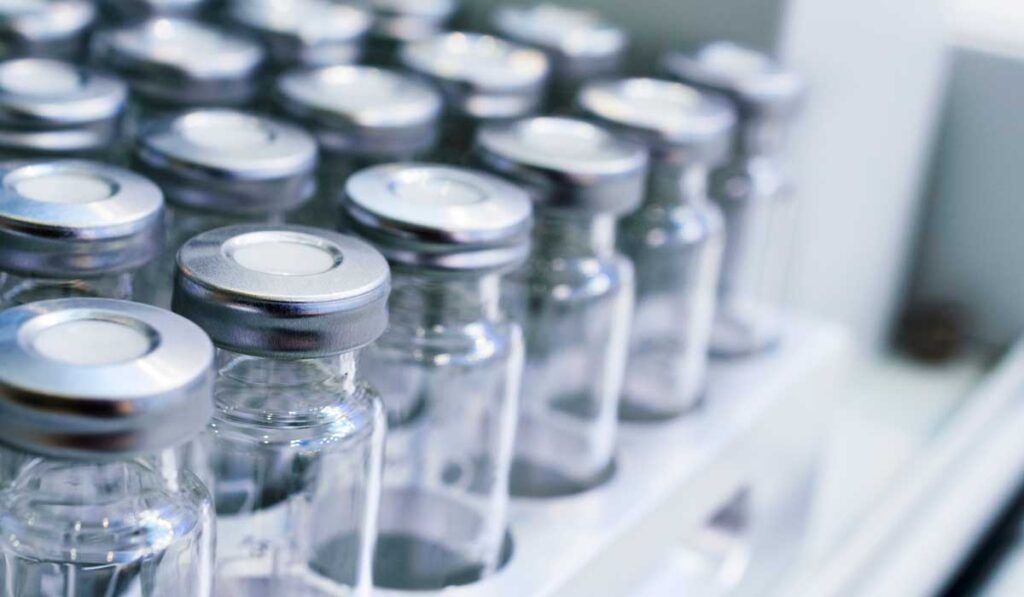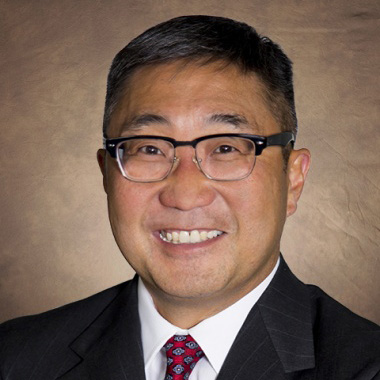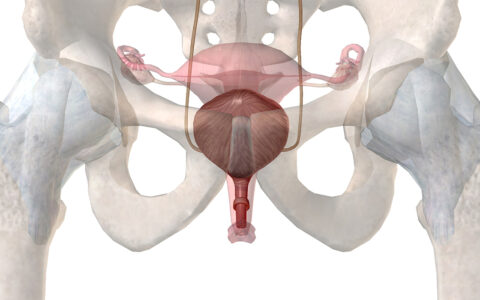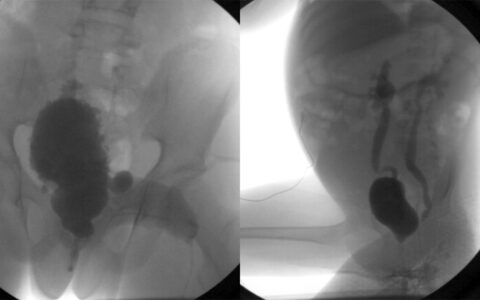Experts say that shortages of Bacillus Calmette-Guérin (BCG), the treatment of choice for treating high-risk nonmuscle invasive bladder cancer (NMIBC), will not be ending any time soon, meaning clinicians need to understand and adhere to new guidelines that direct the drug to patients most in need.
“Shortages have been an on-again, off-again problem for years. For a long time, two large companies, Merck and Sanofi Pasteur, were making it in the U.S., but since 2017, only one of them has been supplying it,” explained Sam Chang, M.D., Patricia and Rodes Hart Professor of Urologic Surgery at Vanderbilt University Medical Center. Chang chaired development of the most recent national guidelines for bladder cancer which seek to risk-stratify NMIBC patients and improve BCG utilization.
A Brief History of the Problem
BCG supplies have been dwindling. In 2011, the FDA temporarily stopped production at Sanofi Pasteur’s Toronto BCG plant because of quality issues. An inspection had revealed mold in the production area, the result of natural flooding. In 2017, Sanofi Pasteur chose to cease the drug’s production permanently.
“It’s not easy to make BCG,” Chang said. “It’s a bacteria that grows slowly, and it has to be kept sterile. It’s like a generic drug; there’s no patent on it and little profit in its production and sale.”
BCG was first used to successfully treat bladder tumors in 1976, and quickly became the gold standard therapy to avoid recurrence and progression.
The authors of a recent systematic review published in Cancer Medicine noted that BCG is considered the most effective therapy for bladder cancer; they stated that in 68.1percent of patients treated with BCG, a complete initial response rate is achieved and that 46.7 percent of BCG-treated patients remained free of disease upon follow-up at a median of 3.6 years.
“It’s not easy to make BCG; it’s a bacteria that grows slowly, and it has to be kept sterile. There’s no patent on it and little profit in its production and sale.”
Different strains of BCG are used clinically in different parts of the world. In the U.S., currently only the Tice BCG substrain has FDA approval. There are no good alternative drugs to replace BCG, Chang says.
Erratic Distribution
“Not only is there a true shortage of BCG, there also seems to be little rhyme or reason to distribution,” Chang added. Urban hospitals and rural ones, hospitals in large cities and small towns, all experience the shortages.
“If you get it one month, you’re not sure you will get it the next month. A huge medical center may have none, while a small hospital down the street may have it,” he said. “There’s little predictability about shipments.”
Chang says that 18 months ago Vanderbilt was rationing BCG and limiting its use, but that it has fortunately not had problems obtaining BCG for the last year.
“There are no good studies to show that other treatments are equivalent to BCG, and some of the alternatives are very costly.”
Guidelines to Address the Situation
This BCG shortage has compelled the American Urological Association (AUA), which worked with several other concerned organizations including patient groups, to provide a white paper to help guide BCG utilization. Chang served as an author for this position paper as well as the recent update to the 2016 guidelines.
The latest AUA statement stresses that high-risk patients with NMIBC should be prioritized for full-strength BCG treatment, but where that is not possible, reduced dosages could be used. It also stresses BCG should not be used for patients with low-risk disease, and suggests several chemotherapeutic alternatives, though Chang notes that no alternatives are as effective as BCG.
“There are no good studies to show that other treatments are equivalent to BCG, and some of the alternatives are very costly,” he said.
Meanwhile, Merck has announced plans to build a new BCG manufacturing plant in Durham, North Carolina. The company forecasts that the plant won’t be fully operational for another five or six years.





